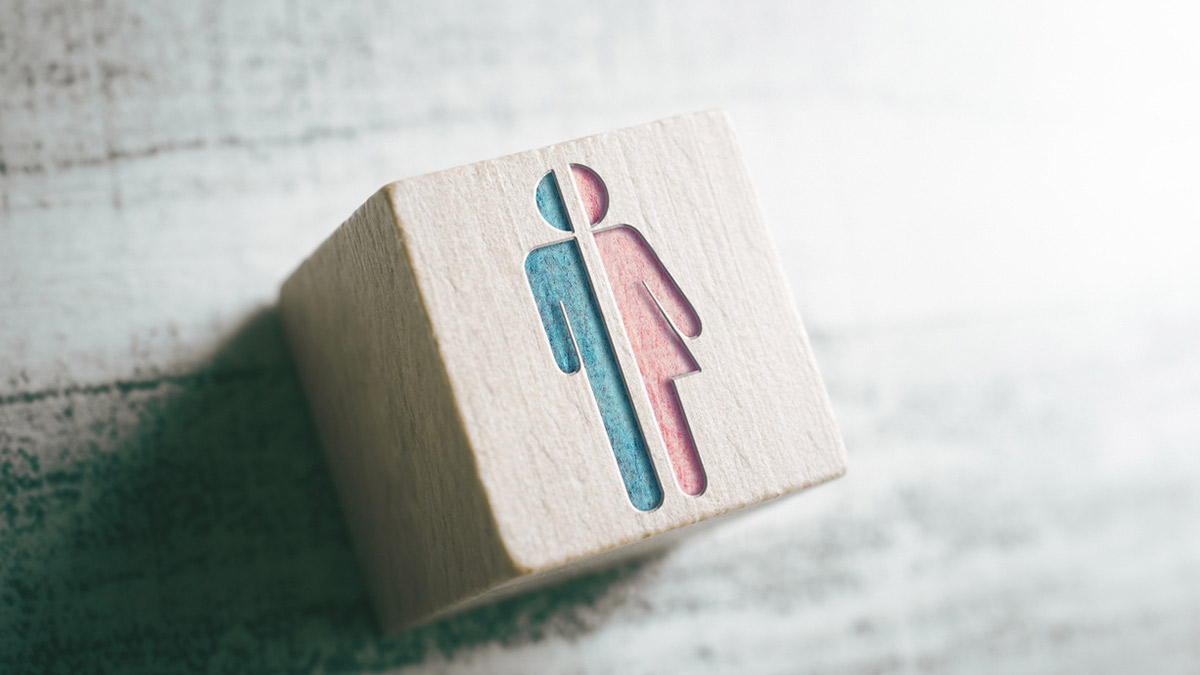Males and females have differential physiological responses to Covid-19 infections, with males having larger increases in skin temperature, breathing rate, and heart rate during an acute infection. This is the conclusion of a new study that used data from wearable devices and was published recently in the open-access journal PLOS ONE by Lorenz Risch of the Private University in the Principality of Liechtenstein and collaborators.
Covid-19 infections are known to impact physiological parameters including breathing rate, heart rate, and skin temperature. A better understanding of sex-specific trajectories in these physiological changes could support the early detection and treatment of Covid-19.
In the study, (the COVI-GAPP study, www.covi-gapp.li), a member of the Covid-19 Remote Early Detection (Covid-RED) Consortium collected data on 1,163 people with the Ava wearable medical device. More than 1.5 million hours of physiological data were recorded and included in the new analysis.
During the study period, spanning 2020 and 2021, 127 participants tested positive for Covid-19, of whom 82 had sufficient quality of data from the Ava app to include in the analysis.
The study found that, compared to females, males had larger increases in skin temperature, breathing rate, and heart rate, and a larger decrease in heart rate variability during Covid-19 infection. Moreover, male participants’ breathing rate and heart rate remained at significantly higher levels during the recovery period as compared to their female peers.
The study also tested potentially confounding variables, including BMI, age, hypertension, and alcohol and drug use, and found no impact of these variables on the associations between sex and physiology during infection. However, the study could not account for hormonal changes across the menstrual cycle among female participants.
The authors conclude that sex-specific biological responses to Covid-19 infection may be linked to the higher mortality and hospitalisation rates observed in male Covid-19 patients.
More work is needed to fully understand the biological underpinning of these sex differences.
The authors added: “The COVI-GAPP study has revealed significant sex-specific variations in vital parameter trends throughout the course of a SARS-CoV 2 infection. We firmly believe that utilising wearable technology in research represents a valuable approach to gain deeper insights into diseases and their impacts, ultimately laying the groundwork not only for more timely and more accurate diagnoses, but also for general advancements in precision medicine.”







